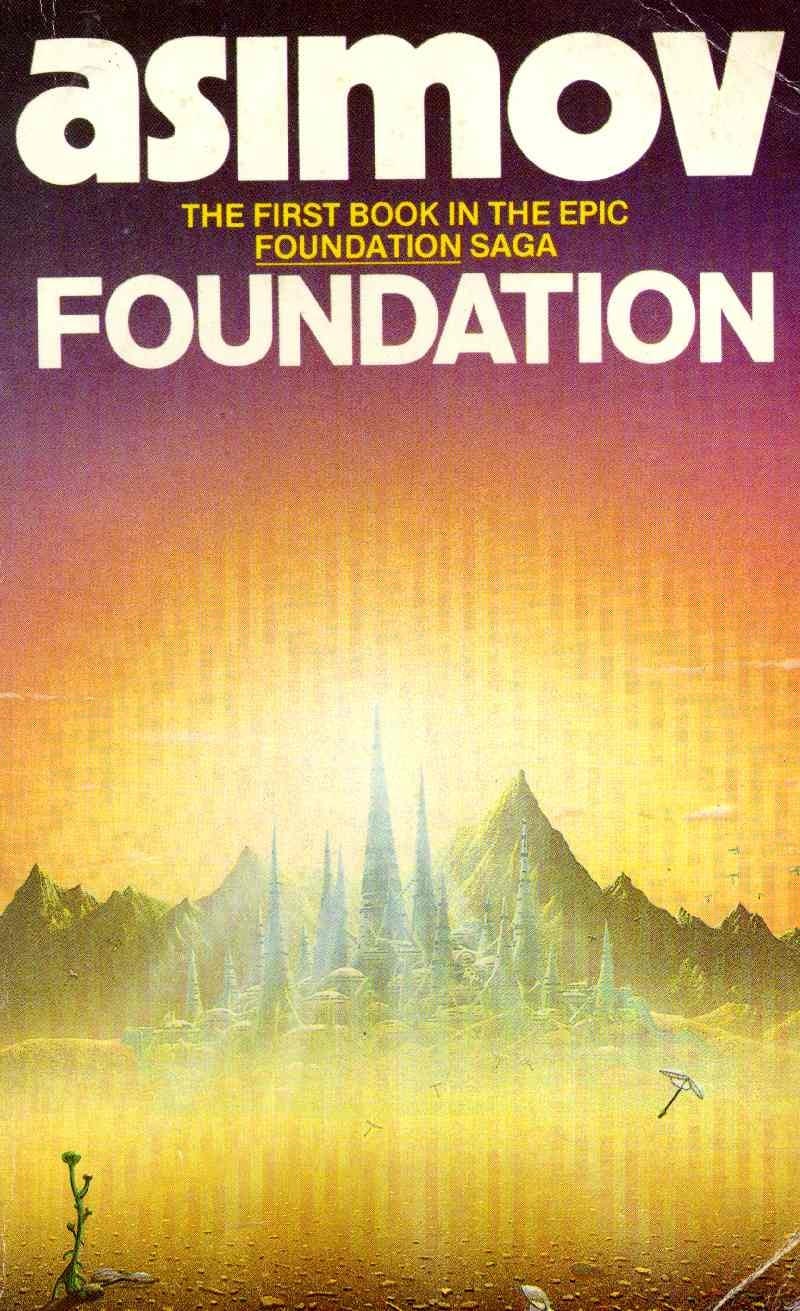Hi Charlie,
Today, for my first ever blogpost on Charlie’s OIB, let me introduce to you guys one of my all-time favorite authors, the great Isaac Asimov! In this article, I am going to present you the most important books he wrote throughout his career.
Now, ladies and gentlemen, without further ado, let’s begin!!
Quick presentation
Asimov is a quite recent writer (born in 1920), he mostly wrote science fiction novels and short stories, and is known for the scientifical accuracy of his books. Indeed, he also was a biochemistry teacher in the very prestigious university of Boston (I have no idea what biochemistry is, but it seems cool). He was a very prolific author and wrote plenty of stories about very different topics using very different writing styles. Some of his stories can be dark and scary, others can be funny and sarcastic, and some can even have deep and philosophical meanings, but his style remains the same and you’ll always be hooked within the first couple of pages.

Now let’s review some of his main writings:
The Foundation
First on my list we have one of the most important SF books of all time, a series in 5 volumes, The Foundation.
In a word were the Galactic Empire reigns on the whole Galaxy, a scientist, Hari Seldon, predicts that the Empire is going to collapse soon, one way or another and that 30,000 years of total chaos will follow. He thus imagines a way to reduce this period to “only” 1,000 years. The authorities are scared by his predictions and send him in exile on Terminus, one of the most remote planets at the opposite end of the Galaxy. There, he creates The Foundation, a society aiming at preserving culture and science to become the base of a new Galactic Empire.
Hari Seldon’s Plan takes years to take place and it’s very interesting to see how a society evolves to slowly become more and more important.
It’s one of my favorite books and I can only recommend it to you guys :)

The Robot series
Each Robot shall obey the following rules:
First Law:
A robot may not injure a human being or, through inaction, allow a human being to come to harm.
Second Law:
A robot must obey the orders given it by human beings except where such orders would conflict with the First Law.
Third Law:
A robot must protect its own existence as long as such protection does not conflict with the First or Second Law.
These laws are supposed to prevent any type of dangers that could be caused by robots. In this series (8 volumes, but you’re not supposed to read them all in chronological order) Asimov explores the loopholes of the laws through short stories in the first volumes (often about Susan Calvin, a “robopsychologist”, trying to avoid problems with robots), and tells the story of a policeman and his humanoid robot partner (in the next 4 volumes).
While showing characters trying to deal with robot psychology, Asimov tells a lot about our psychology, without ever writing clichés stories about big super-powerful robots destroying everything, than turning into cars, which is, I think, a good thing.
This is also one of my favorite books, but I am talking about one of my favorite authors, so this is kind of logical. You should read this one too (you should read all the books on this list).

Robot Dreams
Robot Dreams is one of many collections of short stories by Asimov, not only about robots but still focused on them (fun fact: the word “robotics” was invented by Asimov and is now used by real life scientists, which I think is pretty cool).
Some of those stories are among the most interesting things I’ve read in my life, asking real important questions that really influenced the way I see the word today (impressive, eh?). Guess what, I recommend it too.

Popular science
Since Isaac Asimov was also a scientist, he wrote lots of books in which he explains sciences to non-scientists people. Even if I’ve only read one of these (About Black Holes), I found it extremely interesting, well explained, and clear.
If you know me at least a little bit, you probably know that science classes are not my favorites (actually, I want to die whenever I hear the word “science”), but in this book I really thought (for the first time of my existence) that science could really be fascinating sometimes.

I could continue talking about him for ages, since he is great, but everything must come to an end.
I hope you enjoyed this review and that you know want to read some of the books I presented (I guess you can find some of them at Book In Bar)!
With all of that said, goodbye :)
what a great article thomas! Thank you for making me discover this amazing author :)
ReplyDeleteYou're welcome :)
DeleteI really really have to read his books I think, I only hear good things about him ! Great article btw, he does seem very interesting
ReplyDelete